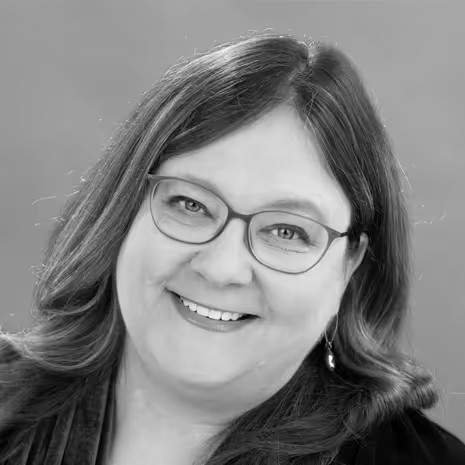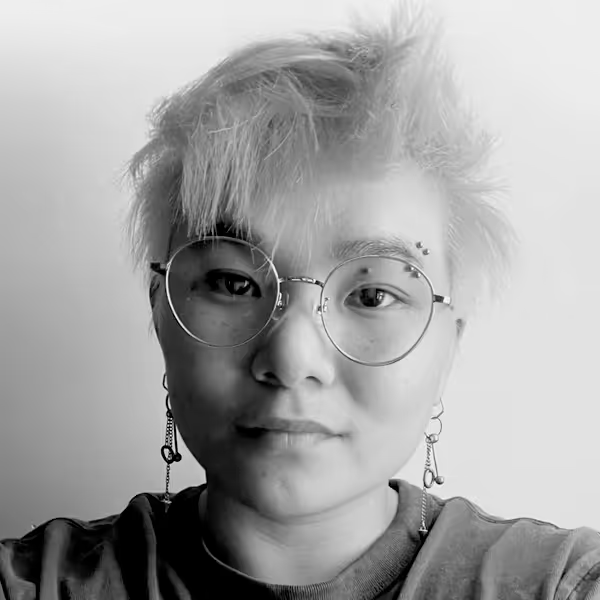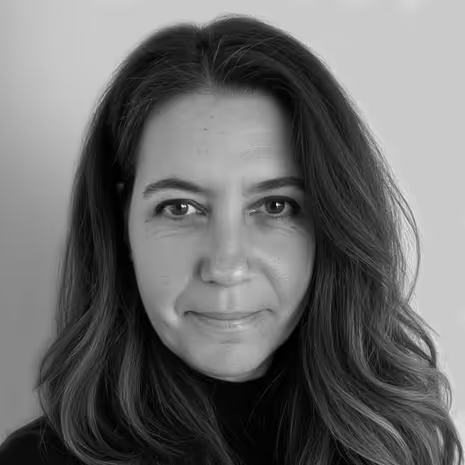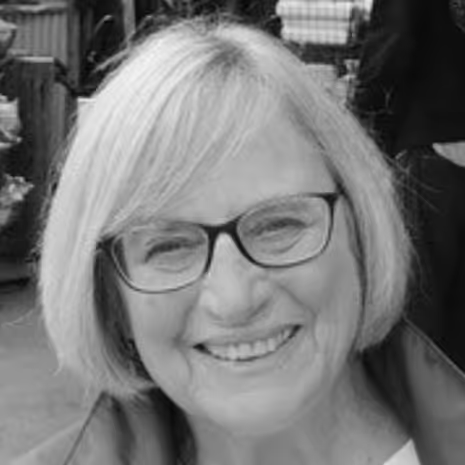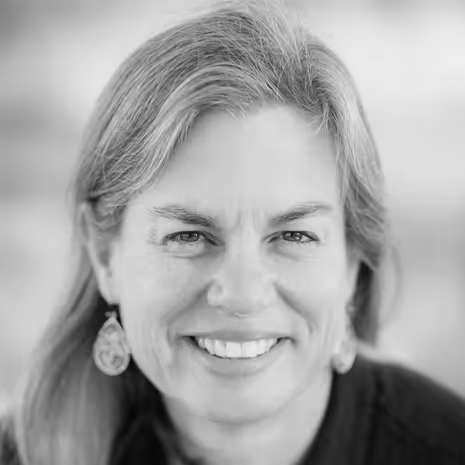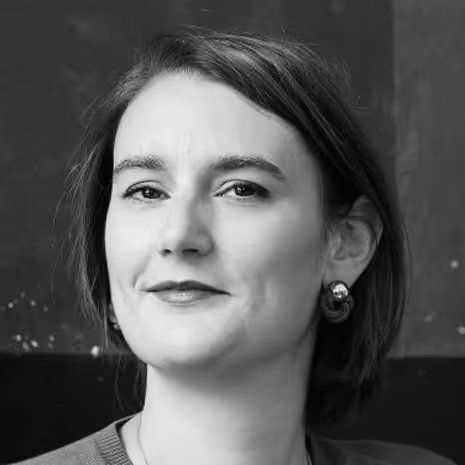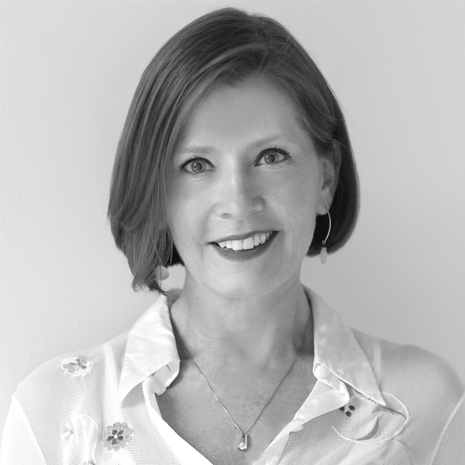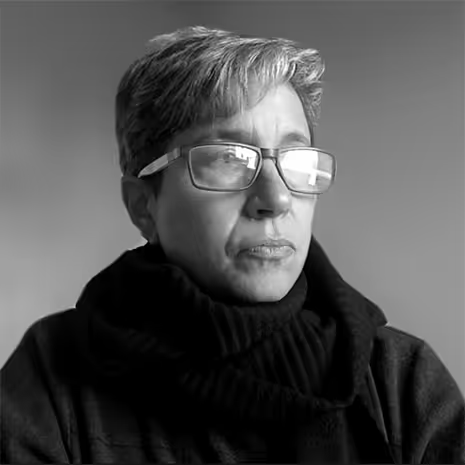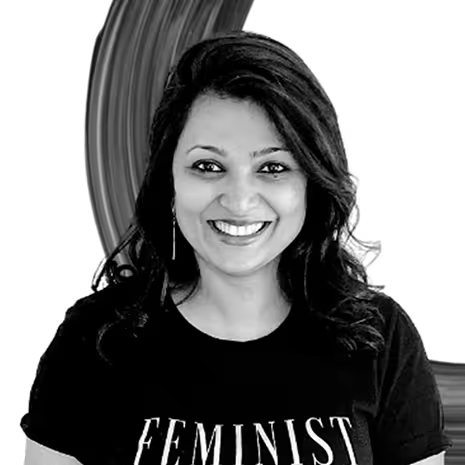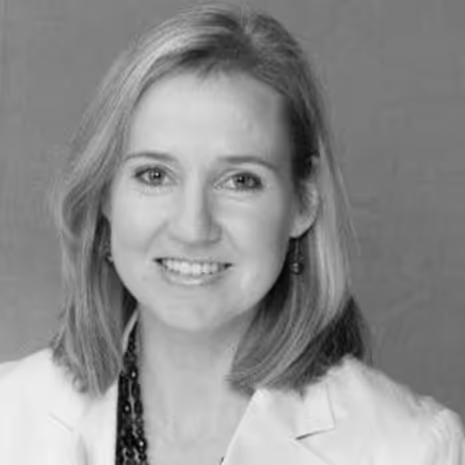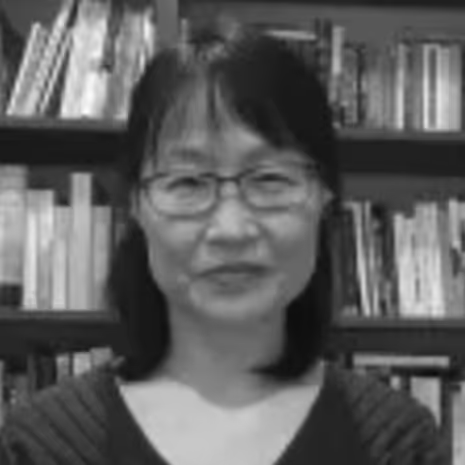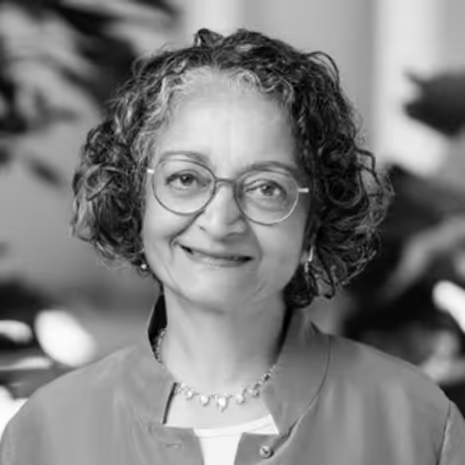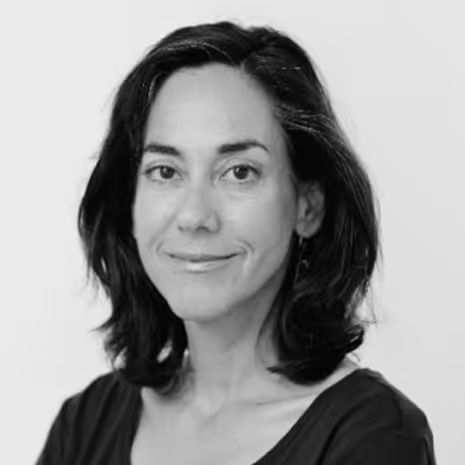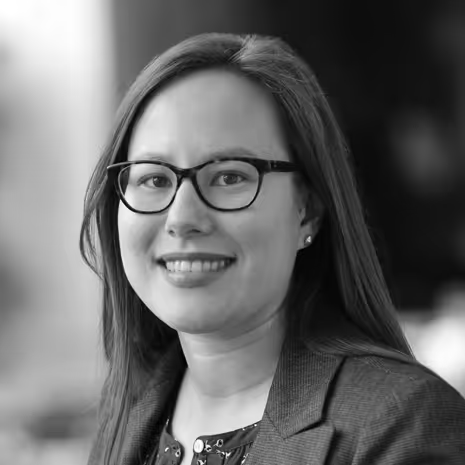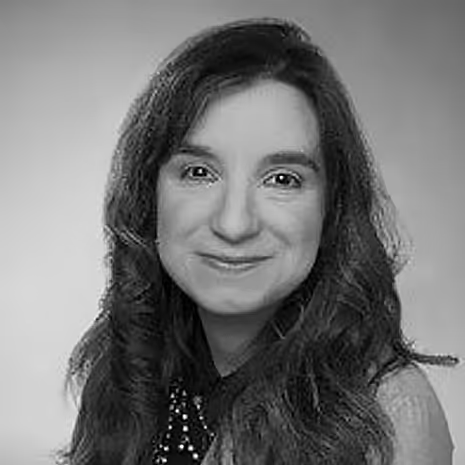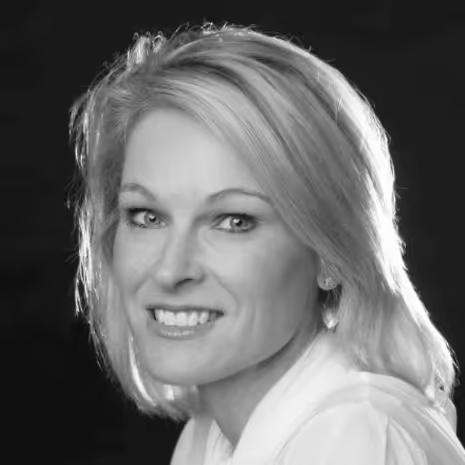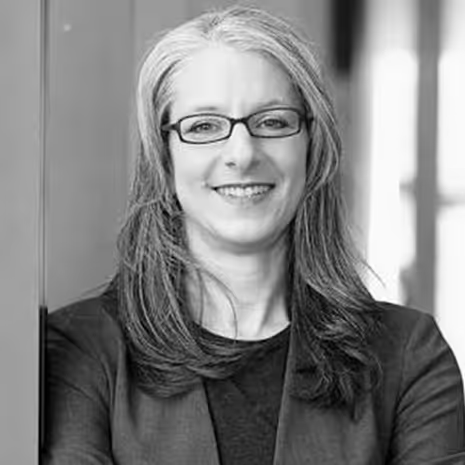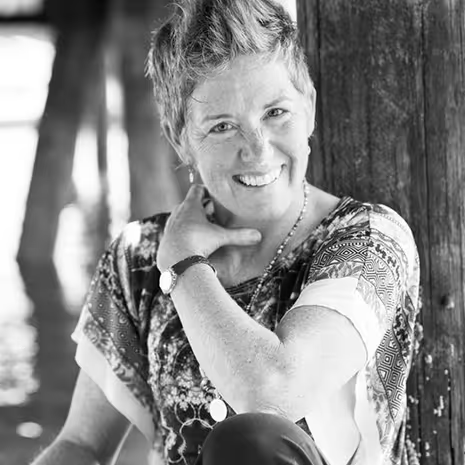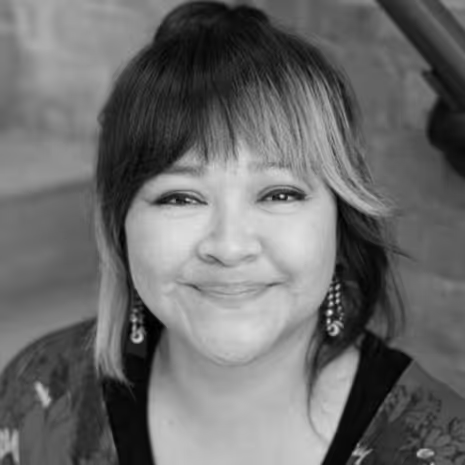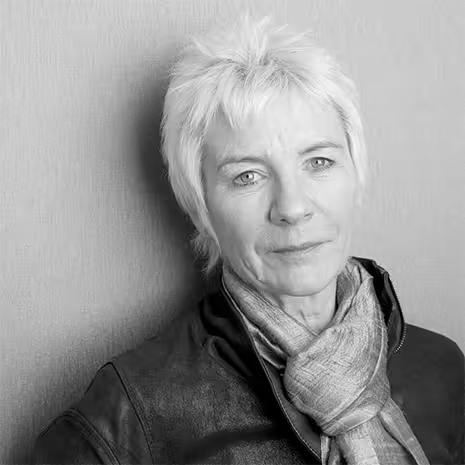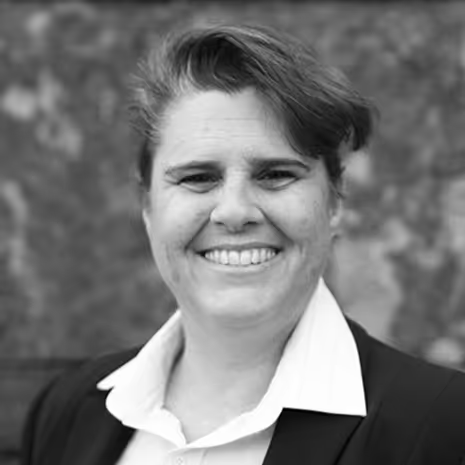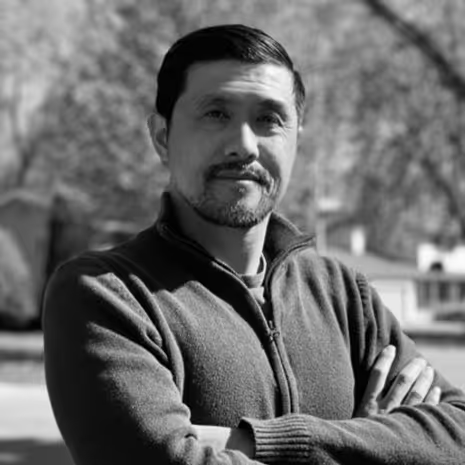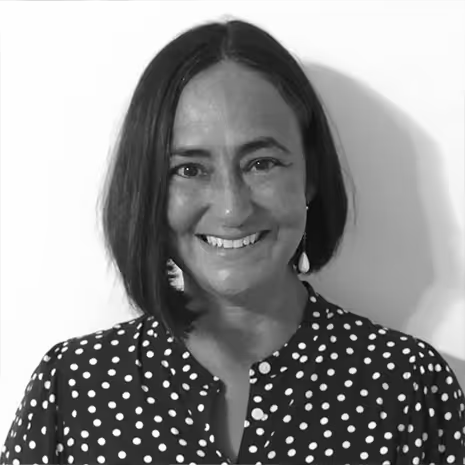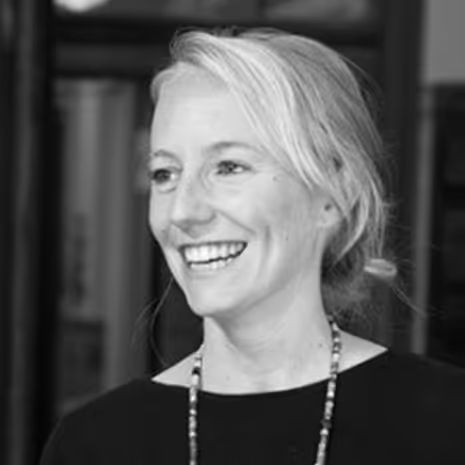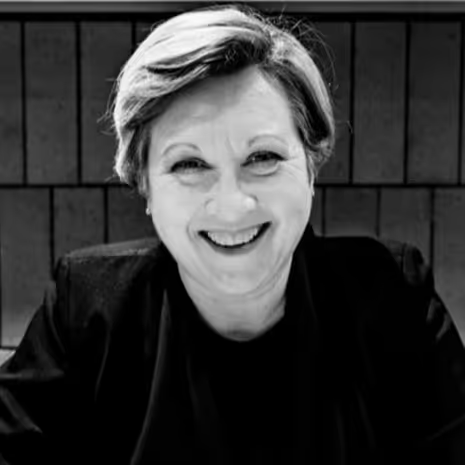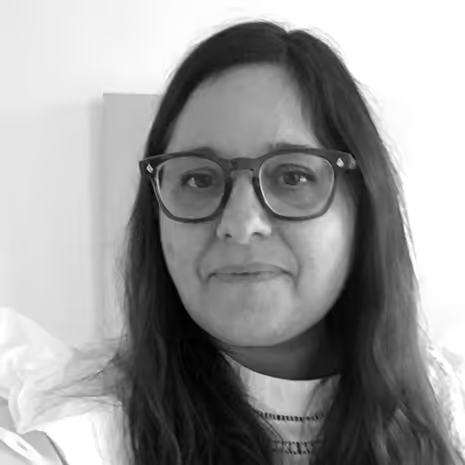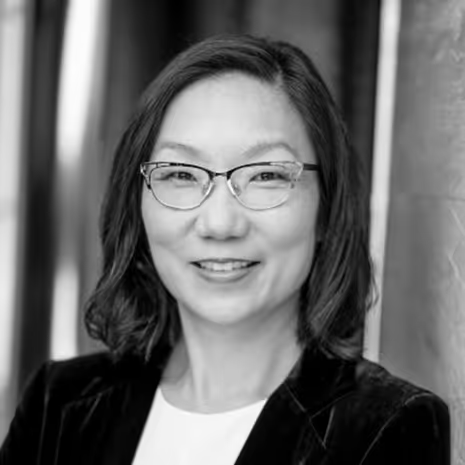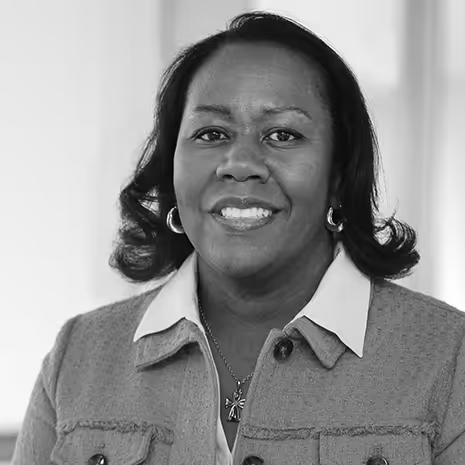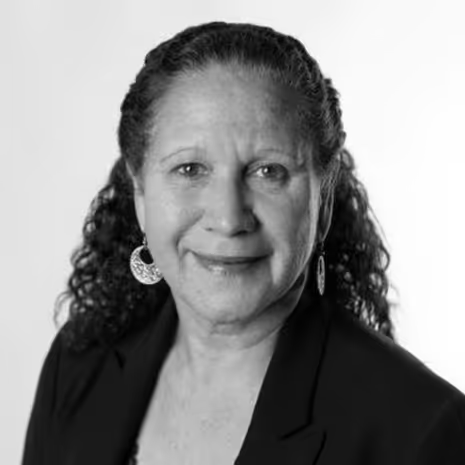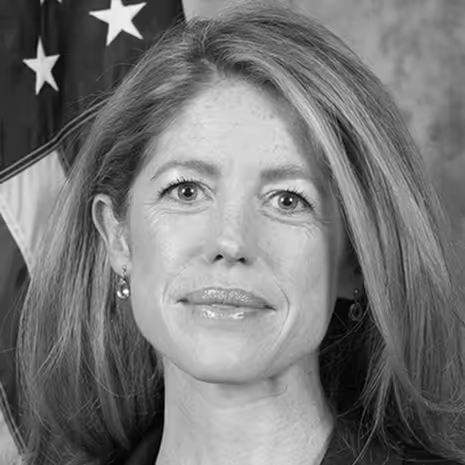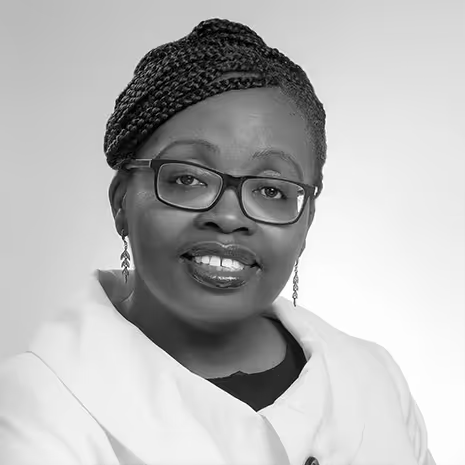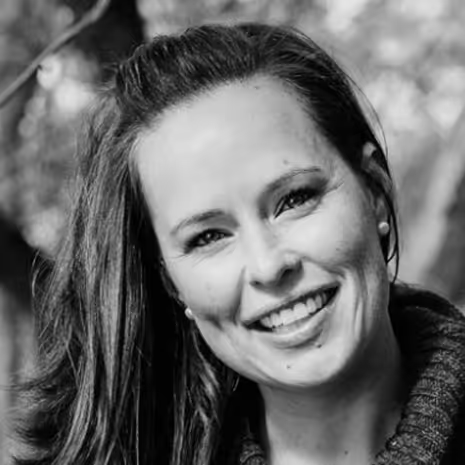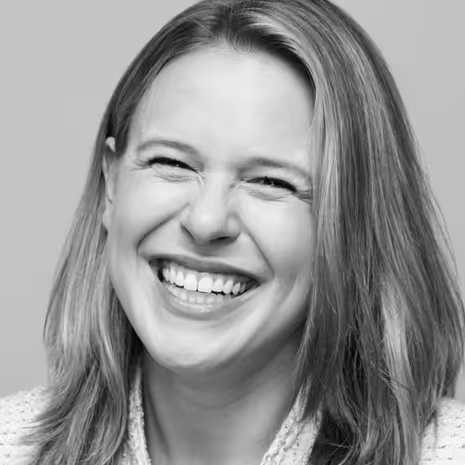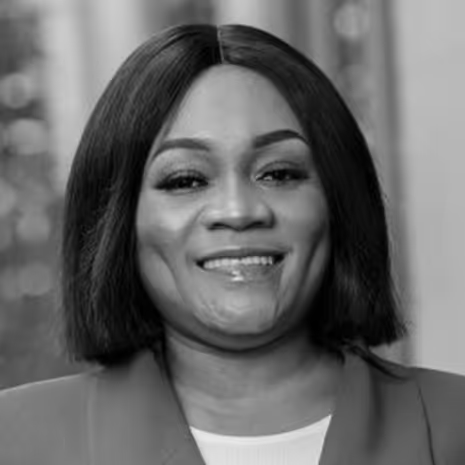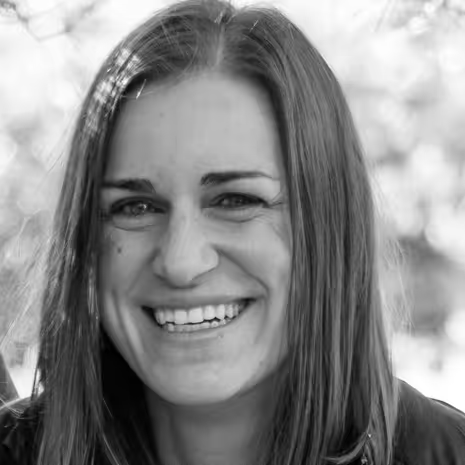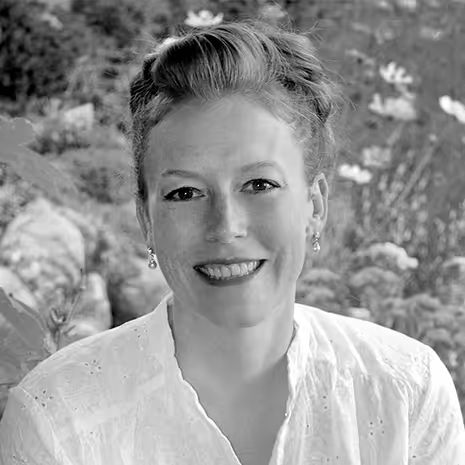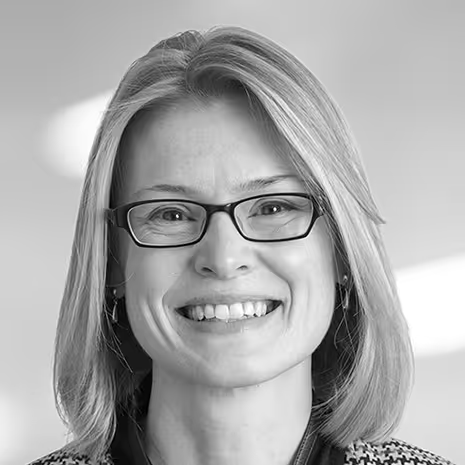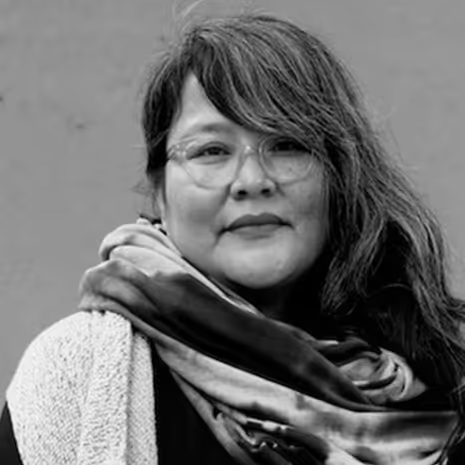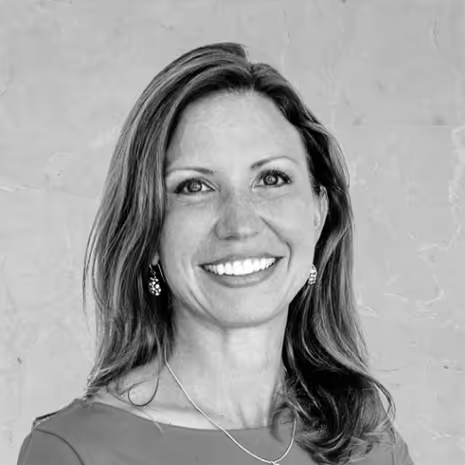Mission
Criterion Institute is a nonprofit think tank dedicated to expanding what is seen as possible for using finance as a tool for social change.
Our WorkAbout Us
What we believe
Over the past two decades, we have worked with investors, governments, and civil society organizations to design financial solutions that advance social justice, gender equality, and socio-economic development goals. Criterion's work is fundamentally about challenging and changing power dynamics.
We seek to transform whose voices are heard, whose expertise is valued, and whose metrics define success in financial decision-making. We work to radically expand who sees themselves as having the power to influence financial systems and to play a role in designing new interventions. Success is when the power of financial systems is widely used for social good.
Our Values
Criterion’s work has, from the beginning, been driven by three core values: grace, hospitality, and invitation. These shape our priorities and how we implement our mission day-to-day.
Find out moreOur History
Since Criterion was founded in 2002, we have developed a proven methodology and theory of change around why and how it is possible to instill hope by shifting systems that are seen as intractable and complex. This theory rests on challenging power: once you get others to see power differently – particularly their own power – you unlock their confidence and ability to effect change.
Since our founding we have led innovative initiatives, from founding a venture fund to spearheading innovative research programs with international organizations, to becoming the leading think tank in using finance for social change.
Through our work we have played a significant role in building new fields, developing gender lens investing, partnering with church to transform their relationship with finance, and demonstrating new ways to shape markets to create good.
2002
Criterion founded as a consulting firm dedicated to systems change
2005
The first Convergence convened leaders from finance, women’s rights organizations, and the many expressions of the Christian church met to push the boundaries on how to use finance as a tool for social change. These convenings, where ideas and conversations converged to create energy, collaboration and direction within the emerging field of social finance, were held regularly throughout the United States until 2015.Related resource: Reflections: Convergence Over the Years
2006
Joy Anderson Co-Founded Good Capital, the first institutional expansion-stage fund using the power of markets to create a more equitable economy and a more sustainable world. The fund’s evolution had a significant influence on pipeline development and the emergent field of impact investing.
2008
Launch of the Charlie Project to explore the role of church finance, particularly within the Lutheran community, in fostering urban education and community economic development.
2009
The term “gender lens investing” is coined as Criterion helps define and develop the emerging field.
Related resource: Framework: Defining a Gender Lens
2012
Release of Cash Market Report following five years of convenings, research and analysis on the root causes of medical debt and designing an innovative approach to leverage financial systems to alleviate the burden. The report was part of Criterion’s HealthCare_Uncovered program, funded by Rockefeller Foundation.
Related resource: Project Reflection: Reframing Healthcare
Launch of Leaders Shaping Markets to build and support a community of people changing how the systems that undergird our economic markets work. This program evolved into Shaping Market Systems as our learnings allowed for a shift to how to tangibly transform markets.
Related resource: Reflection: Leaders Shaping Market Systems – London Dialogue
Launch of Congregational Engagement Campaign, initially called 1K Churches, inspiring churches to invest in small businesses in their local economy, at Clinton Global Initiative. Criterion continues to publish resources to guide and support congregations as they explore how to use finance for social change in their communities.
Related resource: Implementation Guides: 5 Investment Pathways for Congregations
2015
State of the Field Summit convenes 40 leaders in gender lens investing.
Related resource: Report: State of the Field of Gender Lens Investing
Development of Criterion’s 5 strategies for using finance as a tool for social change. These strategies can be adapted to a wide range of actors and social issues, and form the framework of our TOOLKIT for Finance as a Strategy for Social Change and Blueprint on Using Finance as a Tool for Social Change.
Related resource: Blueprint: Women’s Funds Using Finance for Social Change
2018
We continue to research and evolve our programs to work with institutional partners and their leaders to create lasting systems change. Visit Our Work to see what we are up to now.
2020
SEPT. 9 – OCT. 1, 2020
Our signature convening, Convergence, took place between September and October, online, across multiple time zones. This unique gathering of catalytic change-makers brought together leaders and pioneers from philanthropy, finance, government, and the social sector to move forward specific and tangible ideas to leverage the power of finance to address gender-based violence.
2021
Criterion launches “Disrupting Fields: Addressing Power Dynamics in the Fields of Climate Finance and Gender Lens Investing.” In examining power dynamics in the development of two fields, climate finance and gender lens investing, the paper provides a deeper analysis of the dynamics that have shaped the development of these fields and asks whether the fields have been disruptive enough.
Criterion, together with Red Hat Impact, Pacific RISE, and other partners launch the Menstrual Health Trade Finance Vehicle. The vehicle was intentionally designed with ongoing input from menstrual health enterprises in the region to provide affordable finance to enterprises in the Pacific, regardless of their size or incorporation status. The vehicle launched with a successful raise of $50,000 in private investment capital.
At the opening ceremony of the Generation Equality Forum, Prime Minister Justin Trudeau announced Canada’s commitment of close to CAD $180 million to advance gender equality around the world. This includes a CAD $5 million commitment to advance best practices in gender lens investing, made to a Consortium comprised of Criterion Institute, the Aspen Network of Development Entrepreneurs, and GenderSmart (now 2X Global).
UNICEF, Ford Foundation, and Criterion announce their joint commitment to engaging feminist organizations in using finance as a tool to address gender-based violence at the Generation Equality Summit.
2022
At the G7 Summit in Bavaria, Germany, 2X Collaborative (now 2X Global), international development institutions, and private investors commit to more rigorous standards around gender lens investing, including adoption of the strategies laid out in Criterion’s Roadmap for Development Finance Institutions: Strategies to Address Gender-based Violence. UNICEF Executive Director joined the summit via videoconference to underscore the importance of the commitments and discuss the tools Criterion and UNICEF created in partnership to support investors in addressing gender-based violence.
Launch of the Criterion Institute Podcast with Joy Anderson.
View our Work
Explore by Category
Explore our extensive library of resources on using finance as a tool for transformative social change. Browse by category and sub-categories to find the most relevant materials for your needs. Our library contains reports, case studies, toolkits, and other content aimed at investors, governments, civil society organizations, and anyone interested in harnessing capital for positive impact. Dive in and discover insights and guidance to help drive progress on critical issues.
Diversify a Portfolio
Investors’ goals are reflected in a portfolio that is composed of a diversified set of asset classes. In order to build their portfolio, asset holders invest in financial products.
Manage the Business of Investing
Finance has its own business model. A set of processes define how finance works and those processes have costs. Those processes are paid for by a set of revenue sources based on the functional role(s) played.
Facilitate Movement of Capital
Intermediaries are institutions with a particular legal form that use instruments or vehicles to move capital. The instrument is defined by the terms written out in documents.
Let’s make 2025 the year impact investors analyze power
A power analysis serves as a critical tool to uncover imbalances in decision-making authority, resource distribution, and the prioritization of outcomes.
Impact Investors Need to Share Power, Not Just Capital
(Stanford Social Innovation Review; April 2021)
Flattening the curve: Finance and the pandemic of gender-based violence
(UNICEF Connect; April 2020)
The women battling coronavirus at the White House
(Women Rule Newsletter (Politico); March 2020)
To Combat Sexual Assault, Women Are Resorting to Electric Shock Underwear
(Wired; March 2020)
Turning Intentions into Action: How to Boldly Implement Gender Lens Investing
(Next Billion (blog); July 2018)
Using tools of finance to address domestic violence against women in the Pacific
(Impact Alpha; September 2017)
Using Finance as a Tool for Social Change
Pacific RISE partnered with femLINK to produce this video capturing the Criterion Institute TOOLKIT and the experience of the participants.
Gender Lens Investing Gains Ground — But Can It Conquer Wall Street?
(Wharton University of Pennsylvania; July 2017)
FemTALK89FM
Sian Rolls and Hannah Hicks speak to Joy Anderson, President of the Criterion Institute, and Kate Nethercott Wilson, gender specialist with Pacific Readiness for Investment in Social Enterprise (Pacific RISE), about a gender lens investment training we ran in Suva. Participants to the event are gender specialists from Fiji, Samoa and Vanuatu working in civil society, regional organisations and national governments. (June 2017)
Trailblazing Women: Suzanne Biegel, Founder of Women Effect
(Huffington Post; February 2016)
The Power of the Purse: The Five P’s for Shifting Finance to Help Women and Girls
(Huffington Post; November 2015)
VIDEO: Looking at Gender Makes You a Smarter Investor: Anderson
(Bloomberg TV; April 2015)
Bringing an Entrepreneurial Mindset to the World’s Failing Systems
(Harvard Business Review (blog); February 2015)
Clinton Global Initiatives
At the 2012 CGI America Meeting, Joy Anderson announces a new CGI America Commitment to Action by Criterion Ventures.
Our People
Team Members
The Criterion team is a truly global gathering of likeminded changemakers from all disciplines and walks of life.
Our People
Our Team
Our People
Board of Directors
Our Advisory Boards
Criterion Institute is a porous organization, working with and through others to expand the use of finance to create social change. We established five advisory boards to formalize and strengthen our connection with a chosen set of friends, allies, and partners. Each advisory board is focused on one foundational pillar of our strategic plan: Invite Financial Imagination, Finance the Reduction of Gender-based Violence, Shift Narratives in Innovative Finance, Unleash the Power of Policy, and Value the Future of Equality. These five boards are portals for the flow of information, perspectives, experience, and insights between Criterion and our partners in finance, impact investing, social change, gender analysis, and related fields.
Find out moreOur People
Finance the reduction of gender-based violence
Our People
Invite Financial Imagination
Our People
Shift Narratives in Innovative Finance
Our People
Unleash the power of policy
Our People
Value the future of equality
Support our work
Our work depends on an ever-expanding community of team members, advisors, donors, and other partners who help us achieve our mission.









